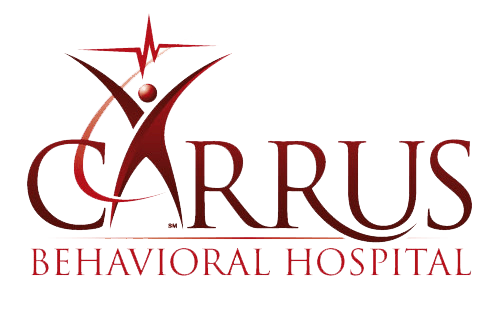
When guided by a mental health professional, family therapy can produce positive changes in family dynamics and communication. Not only does this effective form of psychotherapy improve the family as a functional whole, it also addresses the mental and emotional health needs of individual members. Let us look at how bonds and communication improve with family therapy.
Family Therapy Creates an Atmosphere of Comfort, Support and Encouragement
When one member of a family is dealing with a mental health issue, such as depression, OCD, substance abuse disorder or bipolar disorder, the entire family is impacted in one way or another. Research shows that directed family therapy helps each member–and especially the one struggling with a particular diagnosis–to feel safe. A feeling of safety opens the channels of communication, allowing families to more clearly understand how each person responds to the difficulties of the condition within the home environment.
Family Therapy Focuses on Skill-building
Role-playing is a Cognitive-Behavioral Therapy (CBT) technique that helps family members identify and resolve conflicts and poor communication within the home environment. The therapist helps each individual understand his or her own emotional and behavioral responses to tension- filled situations and to develop ways to respond without anger or escalation of conflict.
Family Therapy Gives Members a New Perspective
A trained family therapist helps people–both adults and children–discover boundaries within relationships. The therapist may ask families to consider individually what they may do to keep peace, accommodate unhealthy behaviors, or simply do what they do not wish to because it is just easier.
Healthy boundaries assist families in developing roles and behavior patterns which foster real solutions to immediate and long-term problems. As families discuss their interactions in therapy, they can identify dysfunctional and stressful patterns and roles. Identifying these patterns helps them work to create new, healthy ones which foster understanding, real empathy, and respect for each person within the home.
What to Expect During Family Therapy
Those family members who should, or are willing to, participate in therapy are often encouraged to attend all meetings or to select sessions.
Initially, your family therapist will ask many questions to focus on the mental, emotional, or behavioral health issue and how it is impacting each family member and the family as a cohesive entity. It is important to understand at the outset that strengthening bonds and improving communication within families takes the time, commitment, and effort of all people involved. Sessions may seem stressful at first, but over time, family therapy has been shown effective in helping individuals who have experienced a wide range of mental health issues, substance abuse, trauma, and ongoing stress due to grief, lifestyle choices or physical health issues.
Beginning Family Therapy in Sherman, TX
Our empathetic therapy team at Carrus Behavioral Health Hospital treats children and teens between the ages of five and 17 in a warm, welcoming, and safe environment. We understand how mental, emotional, and behavioral problems can change family relationships and
communication, and we are here to help with evidence-based family therapy methods.
Call us today for a consultation at (903) 870-1222. We look forward to meeting with you and your family soon.

